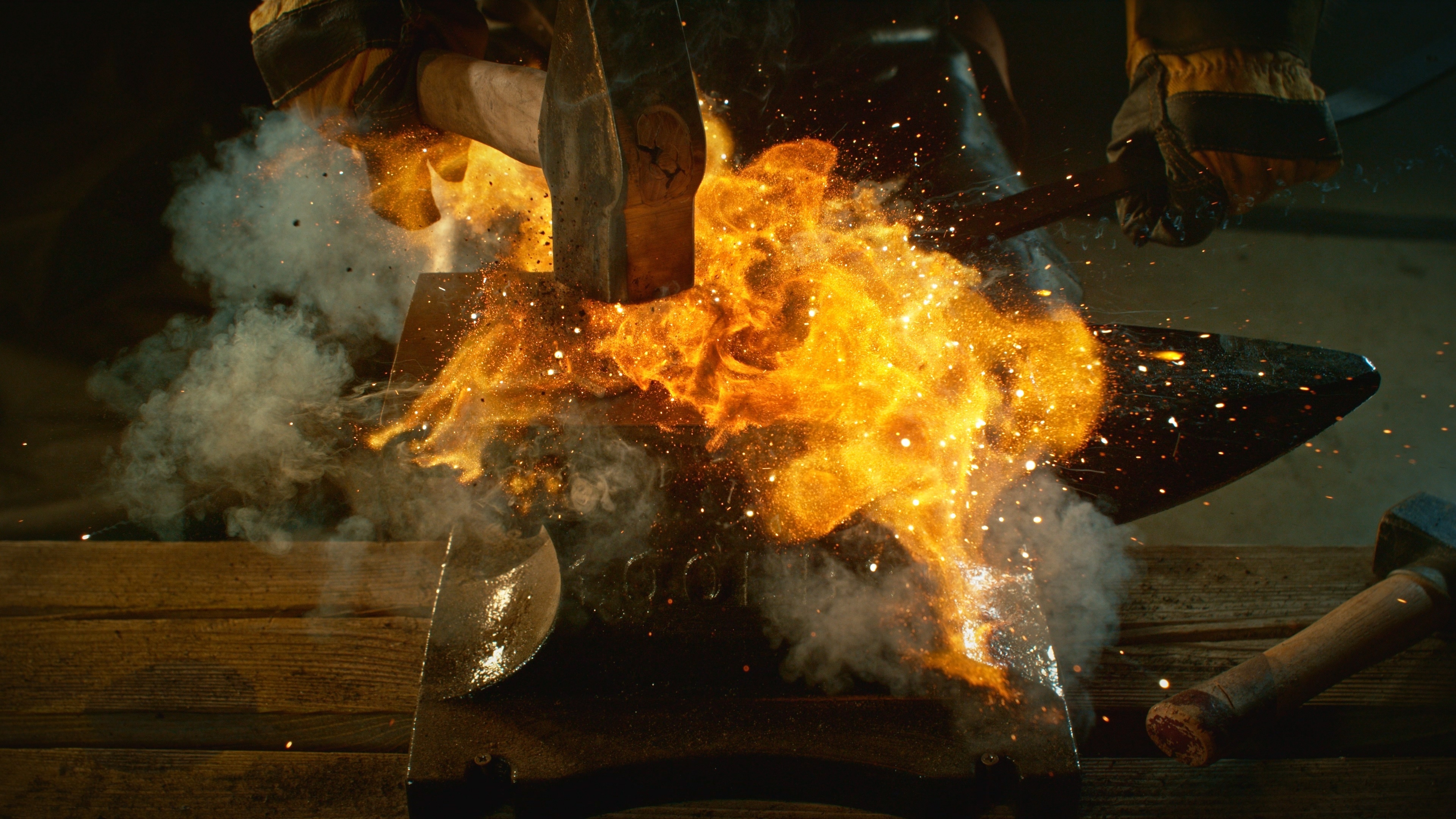
Space debris, often referred to as “space junk,” consists of defunct human-made objects orbiting Earth - such as inactive satellites, spent rocket stages, and fragments resulting from collisions.
As of 2025, it's estimated that over 54,000 pieces of debris larger than 10 cm, more than 1 million pieces between 1 cm and 10 cm, and around 140 million smaller fragments are orbiting our planet. Traveling at speeds of up to 28,000 km/h, these objects pose a significant threat to satellites, spacecraft, and the International Space Station.
The safety and sustainability of space operations depend heavily on reducing space debris. In this article, we explore some of the UK-based companies leading the way in space debris prevention, working to safeguard the future of space.
Astroscale is a global leader in space debris removal, with major operations based in the UK.
Its flagship UK project, COSMIC, aims to remove two UK-owned inactive satellites from orbit. The COSMIC servicer uses Astroscale’s Rendezvous and Proximity Operations (RPO), which enable the servicer to safely approach the target, along with a robotic arm, to capture the target satellites. Once secured, the servicer will guide the satellites into the Earth’s atmosphere, causing them to burn up.
Astroscale UK is also leading the ELSA-M project, which will remove multiple defunct satellites in a single mission. In addition to using Astroscale’s RPO, the ELSA-M servicer is equipped with a magnetic docking system to capture defunct satellites that have been equipped with a magnetic plate. Once a satellite has been captured, the servicer will safely lower the satellite’s orbit, before releasing it toward a controlled atmospheric re-entry. Then ELSA-M can move on to the next satellite. Because ELSA-M is designed to capture and deorbit multiple satellites in one mission, it enables scalable and cost-effective debris removal.
Beyond directly removing space debris, another way to limit the impact and the amount of debris is through orbital tracking to prevent collisions.
London-based Spaceflux is one of Europe’s leading optical Space Domain Awareness providers.
Spaceflux detect, track, and analyse very small objects in orbit - some just a few centimetres wide - using a proprietary global network of telescopes combined with AI-driven tasking. Thanks to short-wave infrared (SWIR) technology, these telescopes can operate effectively both day and night. The company’s cloud-based platform, Cortex, delivers detailed tracking data for space agencies, satellite operators, and defence organisations to make informed decisions.
As space grows more crowded, the urgency to reduce orbital debris and its impact grows too. Innovative companies like Astroscale and Spaceflux are already providing solutions, from robotic satellite removers to real-time AI-powered tracking. We look forward to further innovation in this field as its importance increases.
Charlotte is a patent attorney working as part of our engineering and ICT team. She is experienced in working at all stages of the patent application process. She has also been involved in broader commercial strategy projects, for example analysing competitor patent activity. Charlotte has a keen interest in medical technologies, especially those in the “FemTech” sector which are designed to support women’s health.
Email: charlotte.lynch@mewburn.com
Subscribe to Mewburn Ellis Forward
Our people
Our IP specialists work at all stage of the IP life cycle and provide strategic advice about patent, trade mark and registered designs, as well as any IP-related disputes and legal and commercial requirements.
Our peopleContact Us
We have an easily-accessible office in central London, as well as a number of regional offices throughout the UK and an office in Munich, Germany. We’d love to hear from you, so please get in touch.
Get in touch-1.png?width=100&height=100&name=Charlotte%20Lynch%20circle%20(1)-1.png)
.png)
